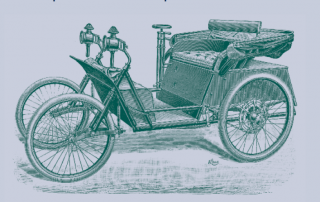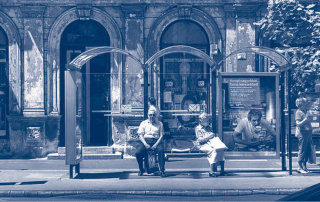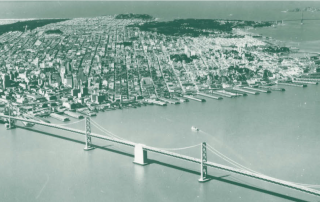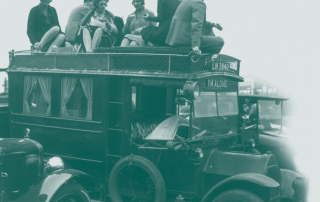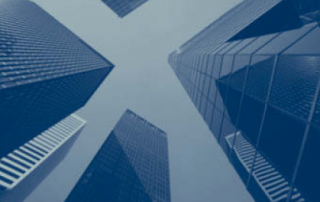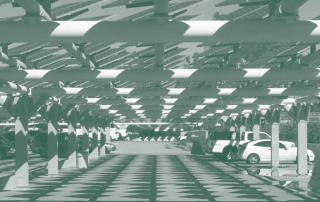ACCESS 40, Spring 2012
Transit and the “D” Word
Erick Guerra and
Robert Cervero
Without high patronage, new rail investments incur large deficits and fail to deliver promised environmental and social benefits. A system with few passengers and a high price tag is, by most accounting, a poor investment economically, environmentally, and socially. Comparing the costs and the number of passenger-miles traveled for 54 American rail transit investments since 1970, we found wide variation in cost-effectiveness. The worst-performing system costs nearly 50 times more per passenger-mile than the best-performing. What factors distinguish the most successful transit investments?

